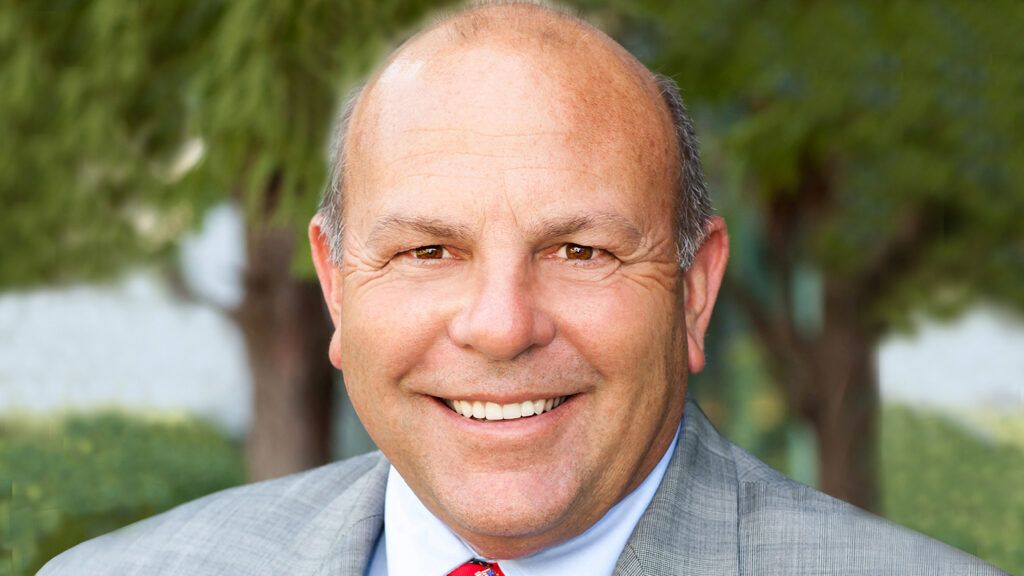Farmers and ranchers in the U.S. endure long hours of hard physical labor that, according to a recent study from the International Journal of Environmental Research and Public Health, can take both a physical and emotional toll on them. The research highlights key risk factors—such as challenging work conditions, climate change, economic uncertainty and government regulations—that affect farmers’ mental health.
American Farm Bureau Federation President Zippy Duvall spoke to Guideposts.org about the physical and mental health risks that impact agricultural communities, the stigmas surrounding mental illness and the work his organization is doing to support this community through the Farm State of Mind campaign.
“Farmers are proud, independent and private people who spend a lot of time alone, with little opportunity to communicate and share with others,” Duvall said. “So if something is wrong either physically or emotionally, farmers think they can fix it without any help.”
But this can-do attitude, coupled with the pressure many family farmers silently face when handling land that has been maintained and passed down through multiple generations, can drive farmers deeper into isolation, a feeling they know all too well due to the solitary nature of their work.
Most farmers, especially third or fourth generation men, feel a sense of responsibility to uphold the legacy of the farm or ranch, Duvall said, which can be difficult to maintain when also dealing with the financial problems that come from labor shortages, depressed commodity prices, trade wars, bankruptcies and even natural disasters, such as droughts, floods and most recently, Covid-19.
“It kept us further away from people and personal contact,” Duvall said, referring to the nation-wide lockdown resulting from the pandemic. “A lot of our churches and meetings have had to quit having in-person services and began to go online but a virtual fellowship is not the same as standing in church.”
According to Duvall, a farmer’s social life outside of his family is limited to church and, in his community, Farm Bureau meetings. Quarantine and social distancing guidelines have made it difficult for farmers to gather and for neighbors and friends to recognize or see whether a farmer is struggling with anxiety, depression or other mental challenges.
Duvall said the Farm State of Mind initiative aims to raise mental health awareness among the farming community by providing tips to recognize signs of stress in farmers and ranchers as well as several ways to start a conversation with someone experiencing emotional pain. The campaign also offers resources such as hotlines and websites for managing stress, anxiety or depression. Their free online training program, Rural Resilience Training, educates individuals who want to learn about how to get someone talking, how to identify effective communication strategies and how to get more help for someone who may be in crisis.
“We’re trying to do everything we can to erase the stigma that goes along with mental health issues and try to make people feel more comfortable with coming out and talking about their problems, which is a very difficult thing for a farmer to do,” he said.
He compared the stress most farmers experience to the hardship he endured after the loss of his wife of 40 years, Bonnie, who passed away in January after a nine-year battle with cancer. Bonnie’s death left him devastated and unable to share his emotions with others, until he expressed his feelings in an interview for a news report and realized how helpful opening up could be.
“For some reason, God put that reporter in front of me and all of my emotions came out,” he said. “Not only did talking about my loss help me but it also helped listeners realize that there’s no shame in sharing your issues with others.”
Since sharing his story, Duvall has received an overwhelming response from people who have felt motivated to seek help or share their own stories with others. He’s mostly proud of having encouraged people to pay attention, acknowledge and reach out to a friend, neighbor or family member in need of emotional support. He credits his influential leadership role to God, whose path he follows throughout both his work and personal life.
“I spent a lot of time praying for wisdom, strength and direction and God opened up a door for me that has allowed me to lead the agricultural industry,” he said. “If I encounter someone going through a difficult time, I ask God to touch somebody with the words He’ll put in my mouth and I hope through my work at Farm Bureau, they receive the peace that comes with Christ.”






